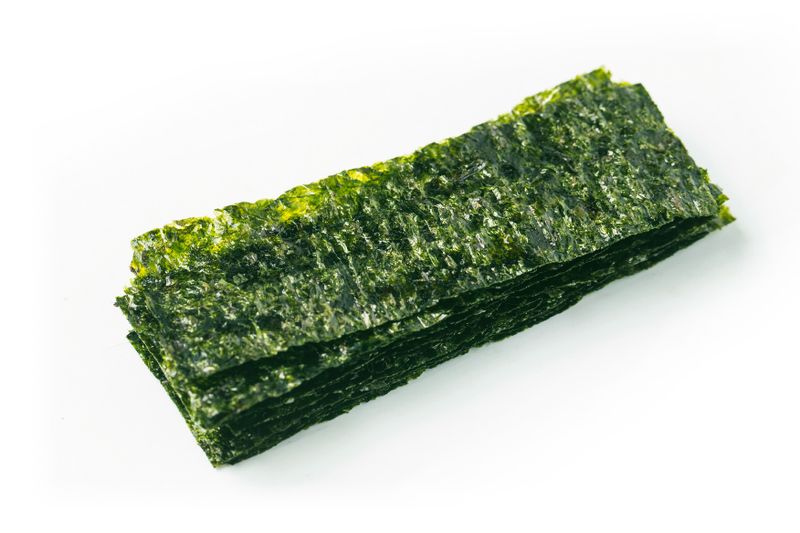Jul 14, 2020
Mental health problems or just too much seaweed?
Mental Health problems or tired all the time?
Anyone with mental health problems should also consider the possibility that their problems are actually physical. If you like seaweed (nori, wakame, mokuzu, especially konbu), you're prone to take in much more iodine than you're body is used to.
That can severely mess with your thyroid glands.
People who've migrated to Japan are more likely to develop hashimoto's disease. Even though it is unclear what triggers the disease, it is suspected that taking in an unusual amount of iodine may trigger it.
Especially women are more likely to develop hashimoto.
Hashimoto's disease?
Hashimoto’s disease is an autoimmune disorder that can cause hypothyroidism, or underactive thyroid. But it may even look like the opposite.
With this disease, your immune system attacks your thyroid. The thyroid becomes damaged and can’t make enough thyroid hormones.
Thyroid hormones control how your body uses energy, so they affect nearly every organ in your body—even the way your heart beats. Without enough thyroid hormones, many of your body’s functions slow down.
Symptoms:
You may experience any of these:
tiredness
weight gain (or loss)
trouble tolerating cold
joint and muscle pain
constipation
dry, thinning hair
depression
memory problems
a slowed heart rate
heavy or irregular menstrual periods and problems becoming pregnant (obviously only if you are female)
But with hashimoto, sometimes the symptoms may actually be just the opposite. Or switch between one and the other.
Finding out!
Sadly, it's not easy to check whether your thyroid is healthy. Especially if you only have your blood checked, the results may look like you're healthy, but your thyroid may actually not be working properly. In a blood test, don't rely on TSH only, but have (FT4) and (FT3) checked as well. Your doctor may not check those values automatically, so ask for them.
If your Japanese isn't great, write down TSH, FT4 & FT3 on a paper. Any doctor should understand what you mean.
After you get the results back, check your results against information on the internet. Many patients are falsely diagnosed "negative".
Treating hashimoto:
The disease cannot be cured, but it can be easily treated.
Many patients who suffer from hashimoto may also develop gluten-intolerance, experience a worsening of their symptoms if they consume a lot of soy products or eat stuff that contains too much iodine. Like seaweed.
Konbu, providing the base of lots and lots of Japanese dishes, is the iodine king.
Eggs are considered relatively high in iodine in the west, but 100g contain a mere 16mcg. Whereas konbu features an unbelievable 240.000mcg!! Even after cooking, it still retains about 11.000mcg.




2 Comments
BigfamJapan
on Jul 14
Do you think for people who grow up in Japan it is different? My kids eat a LOT of seaweed! With their breakfast every morning...would they be able to metabolize it better? Thank you
Kobakko
on Jul 15
@Saitama I don't think not being able to metabolize seaweed properly is the problem. I don't think your kids will be able to better metabolize it, though. I think that's thousands of years of evolution. But I'm no doctor, so I can't say for sure. I think the trouble is that all of a sudden, your body is confronted with huge amounts of iodine, when you used to consume only very little. But even specialists aren't sure as to what triggers the disease, so I can only guess.